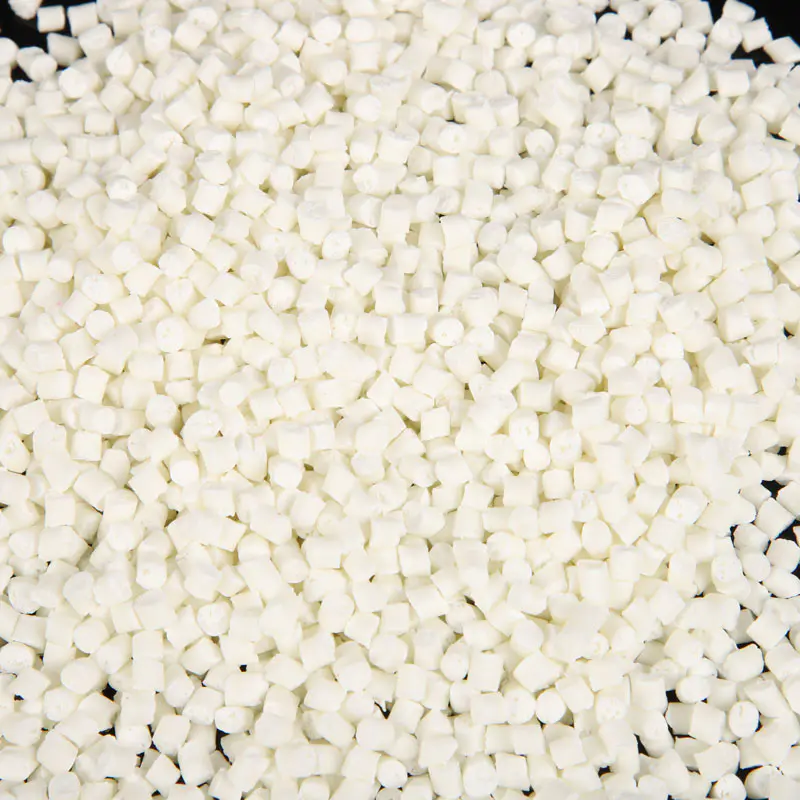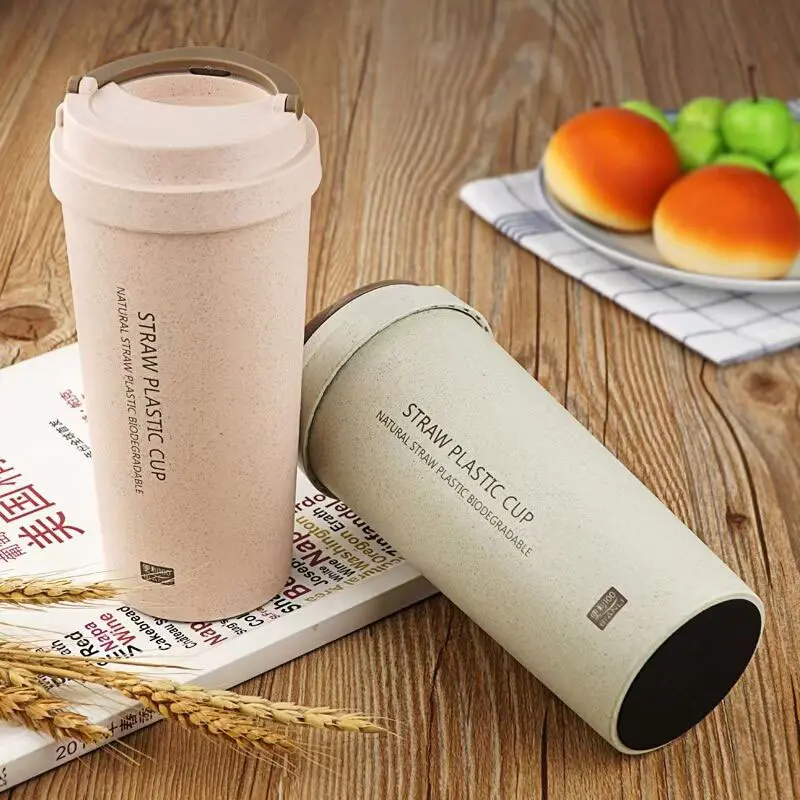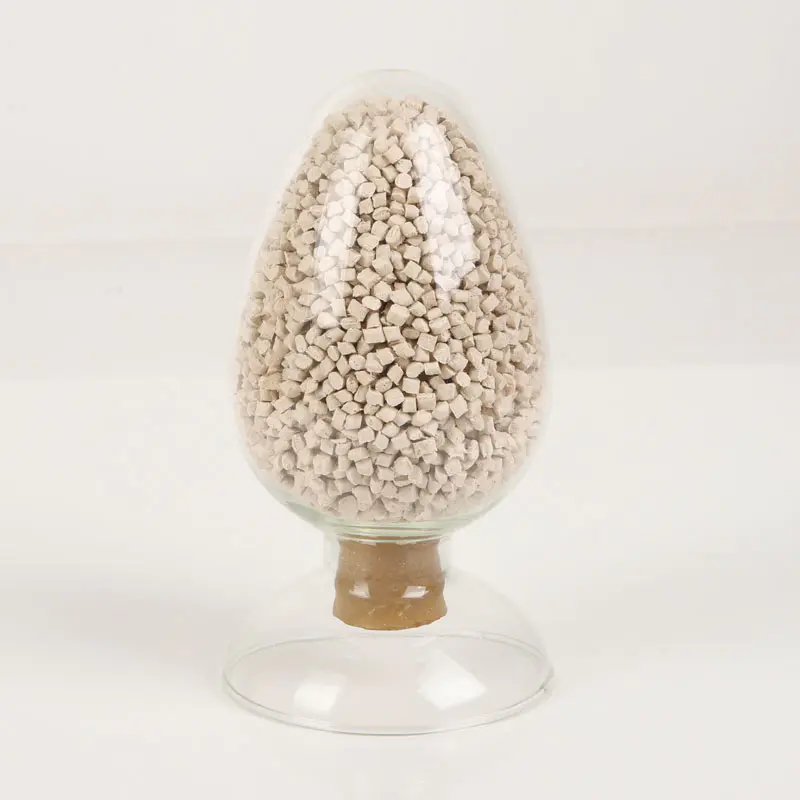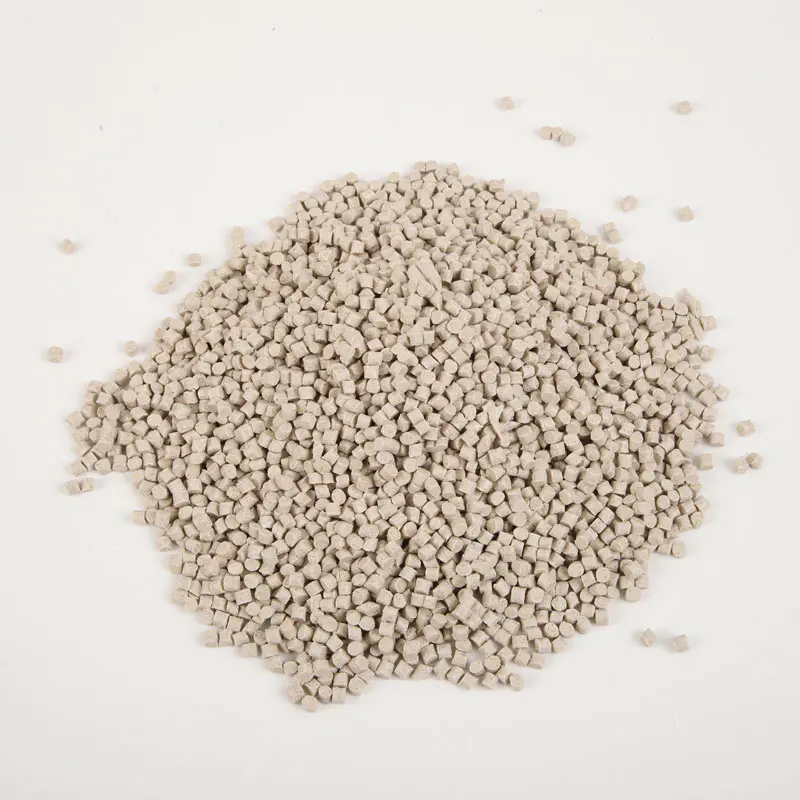What Challenges Do Bio-Based Plastics Face?
Bio-based plastics have gained popularity as a sustainable alternative to traditional petroleum-based plastics. Made from renewable resources such as corn starch, sugarcane, and algae, they offer a promising solution to reducing plastic waste and carbon emissions. However, despite their potential, bio-based plastics face several challenges that hinder widespread adoption. In this blog, we’ll explore the key obstacles that need to be addressed for bio-based plastics to become a mainstream solution.
1. High Production Costs
One of the biggest challenges facing bio-based plastics is their higher production cost compared to conventional plastics. The process of sourcing, processing, and refining bio-based materials is often more expensive than producing fossil-fuel-based plastics, making it difficult for companies to switch to sustainable alternatives without increasing prices for consumers.
2. Limited Industrial Composting Infrastructure
While some bio-based plastics are biodegradable or compostable, they often require industrial composting facilities to break down properly. Unfortunately, many regions lack the necessary infrastructure, leading to these plastics ending up in landfills where they degrade slowly—defeating their environmental purpose.
3. Performance and Durability Concerns
Not all bio-based plastics have the same durability and resistance as traditional plastics. Some biodegradable options may be sensitive to heat, moisture, or UV exposure, limiting their use in high-performance applications like packaging, automotive, and electronics. Manufacturers must continue to improve the strength and stability of bio-based plastics to match or exceed the properties of conventional plastics.

4. Consumer Awareness and Misconceptions
Many consumers assume that all bio-based plastics are fully biodegradable, but this is not always the case. Some bio-based plastics are chemically identical to traditional plastics and do not break down easily. The lack of clear labeling and public education can lead to confusion and improper disposal, reducing the environmental benefits of these materials.
5. Competition with Food Production
Some bio-based plastics, such as those derived from corn or sugarcane, compete with food crops for land and resources. This raises concerns about food security, especially in regions where agricultural space is limited. To mitigate this issue, researchers are exploring non-food sources such as algae, waste biomass, and agricultural residues.
6. Recycling Challenges
Bio-based plastics can sometimes be incompatible with existing recycling systems, leading to contamination in recycling streams. Many recycling facilities are designed for petroleum-based plastics, and the introduction of bio-based alternatives requires adjustments in sorting, processing, and reusability. Until recycling technologies advance, bio-based plastics may not be as circular as they are intended to be.
7. Regulatory and Standardization Issues
The lack of uniform global regulations and standards for bio-based plastics makes it difficult for businesses to scale production and ensure consistency in product performance and end-of-life treatment. Governments and industry leaders must work together to create clear policies that promote the responsible use and disposal of bio-based plastics.
Conclusion
Bio-based plastics offer a promising solution to reducing plastic pollution and dependency on fossil fuels, but they still face significant challenges. Addressing issues such as high costs, infrastructure limitations, and consumer awareness will be crucial in making bio-based plastics a viable, sustainable alternative. Through continuous innovation and collaboration, the industry can overcome these hurdles and pave the way for a more sustainable future.
On the cutting-edge track of bio-based plastics, Jiangsu Jinhe leads the industry and participates in the drafting of the "National Standard for Straw Bio-based Plastics", always leading the way with excellent quality. Our bio-based plastics come in the form of fine powders with small, narrow particle sizes and unique shapes.Visit our website at www.bio-based.cn to learn more about our products. For inquiries, you can reach us at vena@bio-based.cn.
- What Makes Starch-Based Plastic the Future of Sustainable Materials?
- What Makes Straw Fiber Plastic the Future of Eco-Friendly Materials?
- What Makes Bamboo Fiber Plastic the Future of Sustainable Material Innovation?
- Why choose Bio-Based Plastic for Sustainable Materials?
- What are the functions of Sustainable Coffee Grounds Plastic?
- What is the Difference between Sustainable Bamboo Fiber Plastic and Regular Plastic?













